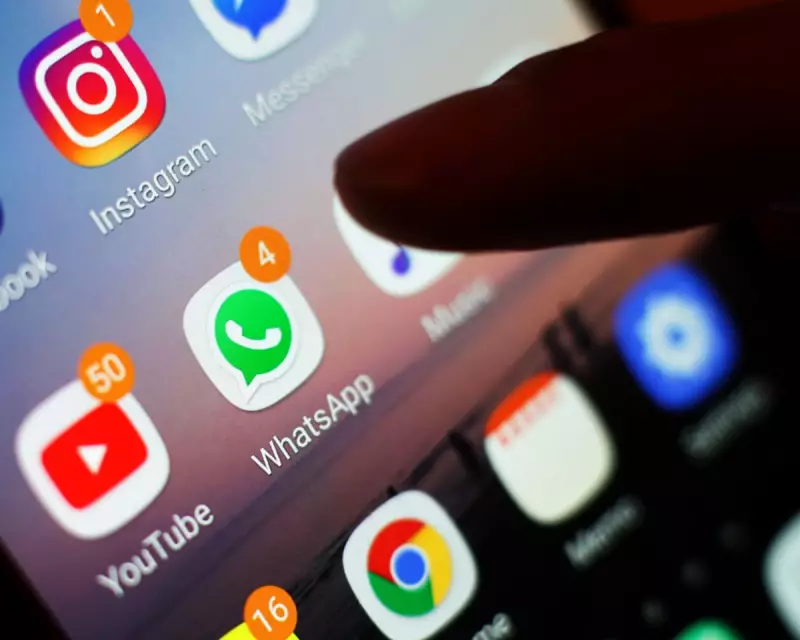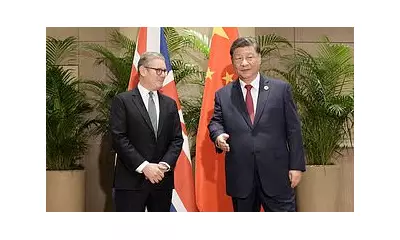
In a landmark move to safeguard the integrity of public information, Britain's public service broadcasters are mounting a united front against the tidal wave of online misinformation. The BBC, ITV, and Channel 4 are demanding urgent regulatory intervention, calling for their authoritative content to be granted mandatory prominence on YouTube's sprawling platform.
The push comes amidst growing fears that harmful disinformation could severely impact democratic processes, with a UK general election looming on the horizon. The broadcasters argue that while their rigorously fact-checked news is available online, it is often drowned out by a cacophony of algorithmically amplified conspiracy theories and poorly sourced viral content.
A Call for Regulatory Shields
The coalition has formally presented its case to the media regulator, Ofcom. Their proposal is clear: enact new powers under the recently passed Media Act to force tech giants like YouTube to proactively surface and recommend content from trusted, UK-regulated sources.
This isn't merely about visibility; it's a critical intervention in the digital ecosystem. The broadcasters highlighted the alarming ease with which users searching for news on major events are funneled toward misleading or entirely false information, rather than reputable journalism.
YouTube's Algorithm: Amplifier of Chaos?
Central to their argument is the opaque nature of the YouTube algorithm. The system, designed to maximise engagement and watch time, has been repeatedly criticised for prioritising sensationalist and controversial content, regardless of its truthfulness.
Public service broadcasters contend that their high-quality, public-interest programming is systematically disadvantaged by this system, creating an unlevel playing field where misinformation thrives.
The Stakes for Democracy
The timing of this demand is strategically critical. With a national election scheduled for 2025, the risk of voter manipulation and public confusion via digital platforms has never been higher. The broadcasters position themselves as a 'trusted triangle' essential for a healthy democracy, providing a verified counterweight to the chaos of unregulated digital spaces.
Their message to regulators is unequivocal: the tools to act exist within the new Media Act, and the time to deploy them is now. The world is watching to see if the UK will set a global precedent in holding tech platforms accountable for the content they promote.





